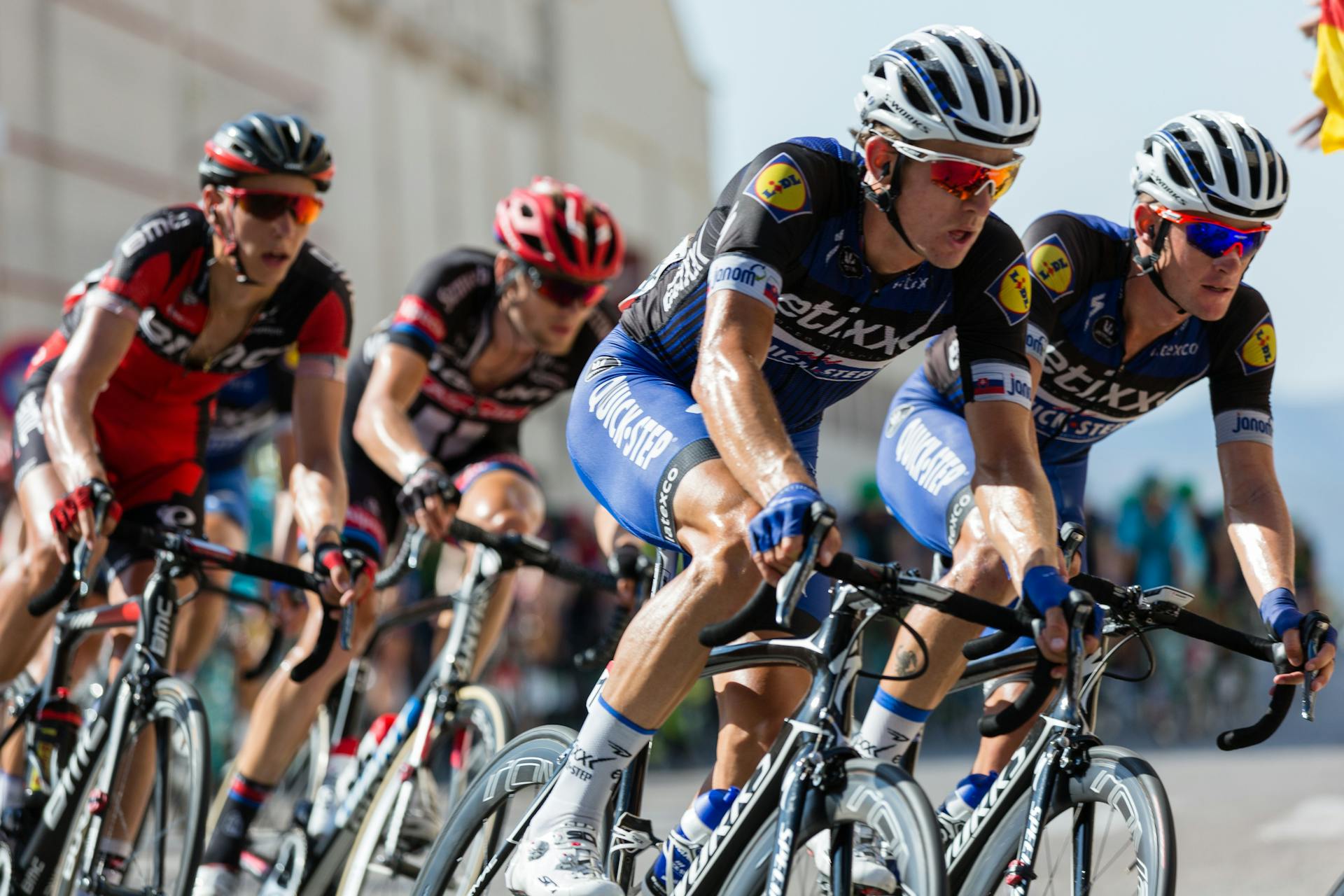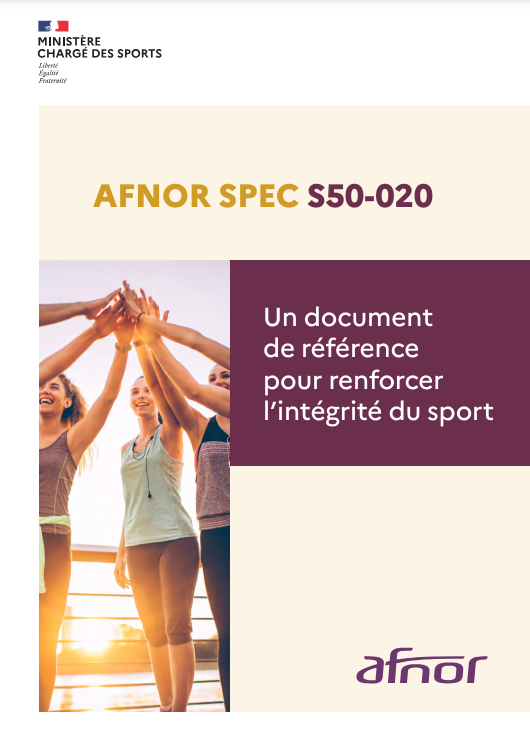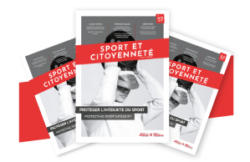Towards a standardisation process to protect the integrity of sport?

The AFNOR SPEC S50-020 guide published by the French Ministry for Sport provides a reference framework regarding the ethics and integrity of sport for sporting organisations.
Following the various scandals involving doping, match-fixing, corruption, illegal betting and exploitation of human beings which have tarnished some international federations and major sporting events, a Resolution (2199) from the Council of Europe in 2018 called for the creation of an international standard for the integrity of sport and the governance of sporting organisations. The aim is to ensure effective monitoring of the compliance with standards of good governance in the whole of the sports sector, based on a solid collection of good governance criteria, drafted in line with the system from a globally recognised standardisation body.
In the light of this request and the various affairs which also tarnished the French sports movement, the Ministry for Sport placed this demand in the perspective of the Olympic and Paralympic Games, within the State Legacy Plan (measure 152), in order to have a structuring document to reinforce the integrity of sport and the good governance of
sporting organisations.
 The first stage was the writing of a French document, with the help of AFNOR, the French standardisation body. It was necessary to have a proposal agreed and jointly constructed with the relevant national bodies before it was presented to the international actors. The first discussions showed that to ensure a positive approach, it was better to prepare a guide of recommendations rather than a certifying standard, as initially envisaged. It was thus decided to aim for a standard to be voluntarily applied, known as an “AFNOR spec”, to support the implementation of action plans to combat the abuses within sporting organisations.
The first stage was the writing of a French document, with the help of AFNOR, the French standardisation body. It was necessary to have a proposal agreed and jointly constructed with the relevant national bodies before it was presented to the international actors. The first discussions showed that to ensure a positive approach, it was better to prepare a guide of recommendations rather than a certifying standard, as initially envisaged. It was thus decided to aim for a standard to be voluntarily applied, known as an “AFNOR spec”, to support the implementation of action plans to combat the abuses within sporting organisations.
Work started in November 2020 under the auspices of the Ministry for Sport and AFNOR, with contributions from forty-odd representatives from public authorities (French anticorruption agency, French anti-doping agency, National Gaming Authority), from the federal and professional sports movement, sporting unions, and national protection bodies as well as from the private sector and academia.
From the start, it was decided to widen the scope of the document from the problems of integrity and governance, to deal with aspects of protection for those doing sport.
Finally, the guide distinguishes 11 spheres of action organised around three areas: the integrity of sports organisations (good governance, preventing corruption and conflicts of interest…), the integrity of sports competitions (combating doping, match-fixing, technological fraud) and individual integrity (combating gender abuse, discrimination and violence in stadiums…).
For each of these areas, the guide gives definitions, actions to be used for protecting, monitoring and improvement available to all the stakeholders in professional and amateur sport, together with principles to ensure that these measures can be adopted by the directors of the organisation concerned.
Everything has been done to make this document easy to use by the stakeholders concerned: each part can be read independently, a methodology section details the steps for implementation and a pattern for planning actions and also an assessment grid, a reminder of the regulatory environment and a toolbox which stakeholders can use to work out their own action plans.
A reference for sport stakeholders
The guide was presented in July 2021 and made freely available on the AFNOR website so that it can be used easily. This publication appeared just before the 24 August 2021 law in support of the principles of the Republic, which institutionalised the delegation contract between the State and the sports federations.
The contents were therefore partially included in legislation to fix the obligations of the federations concerning ethics and integrity. Although it does not claim to be exhaustive, the guide contains many recommendations which it would be difficult for all the federations to implement immediately. However, the aim is to move towards an increasingly comprehensive implementation of this document, which should now constitute a real reference for all sports organisations, in particular the federations.
The next step is to promote the deployment of this reference at the international level. The work is already in progress at the ISO, the International Standards Organisation, with the aim of finalising the document before the 2024 Olympics. There, too, the choice has been to work on a recommendations guide, which will not prevent its later being transformed into a standard for
ISO certification.
 This article was published in the magazine Sport and Citizenship n°57 : protecting sport integrity
This article was published in the magazine Sport and Citizenship n°57 : protecting sport integrity







 INSCRIPTION
INSCRIPTION CONTACT
CONTACT FACEBOOK
FACEBOOK